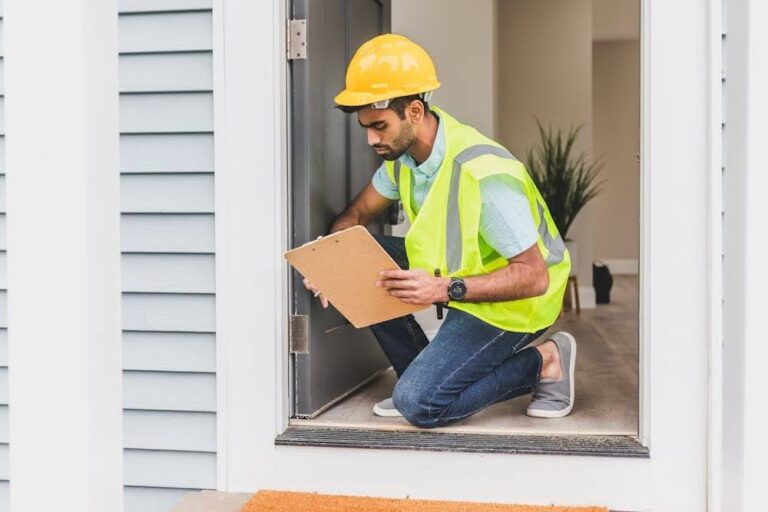Roof Repair vs. Roof Replacement: Which One Do You Need?
Deciding whether to repair or replace your roof can feel overwhelming, especially when you’re dealing with unexpected leaks or visible wear and tear. Your roof is a big investment, and knowing how to approach its upkeep can save you from making costly mistakes. Each option comes with its own considerations, and understanding them can help you make the right call for your home and budget.
From assessing the roof’s age to evaluating the extent of damage, several factors impact whether a repair will do the job or a full replacement is necessary. Working with a professional roofing contractor ensures you get expert advice tailored to your roof’s condition, potentially reducing roof replacement costs. Let’s break it all down so you can make the best decision for your home.
Protect Your Home with TAG Exteriors’ Services
Age of the Roof
The age of your roof plays a major role in determining whether a repair or replacement is the best option. If your roof is less than 10 years old, repairs are often enough since the roofing materials are still in good shape and any issues are usually minor. However, as roofs approach the 20-to-25-year range, the wear and tear on materials often make replacement a more practical and cost-effective choice.
Older roofs face recurring problems and lead to rising maintenance expenses, which can outweigh the initial roof replacement cost. Investing in a new roof with modern roofing materials can enhance durability and save money over time, ensuring your home stays protected for years to come.
Extent of Damage
The extent of damage to your roof is a deciding factor when choosing between repair and replacement. Minor issues, like a few missing asphalt shingles or a small leak, can often be addressed with repairs, especially if the overall condition of the roof is still sound. These small fixes are manageable for a professional and ensure your roof continues to perform well without the need for extensive work.
However, if the damage is widespread—such as large sections of missing shingles, damage due to an uneven roof pitch, or more than 30% of the roof being compromised—a full replacement is likely the better choice. While some may consider a DIY roof replacement for small-scale repairs, extensive damage often requires professional expertise to ensure proper installation and long-term durability. Addressing significant issues promptly can save time and money in the long run.
Cost Comparison
When deciding between roof repair and replacement, it’s essential to compare the actual costs involved:
- Minor Repairs: Fixing small issues like replacing a few asphalt shingles or sealing minor leaks typically costs between $150 and $1,000, depending on the extent of the damage and local labor rates.
- Moderate Repairs: Addressing more significant problems, such as repairing a larger section of the roof or fixing moderate leaks, can range from $1,000 to $3,000.
- Major Repairs or Partial Replacement: Extensive damage requiring substantial repairs or partial roof replacement may cost between $3,000 and $6,000 or more.
- Full Roof Replacement: The cost of installing a new roof varies based on materials and roof size. For instance, replacing a 2,000-square-foot roof with asphalt shingles typically ranges from $9,000 to $17,600.
If repair costs approach or exceed 50% of the replacement cost, investing in a new roof may be more economical in the long run. Additionally, newer roofs with minor damage are often better candidates for repair, while older roofs with extensive issues might warrant a full replacement. Consulting with a professional roofing contractor can provide a detailed estimate tailored to your specific situation.
Get a Quote for your Roofing Needs!
Future Plans
Your future plans for your home can greatly influence whether a roof repair or replacement is the better choice. If you’re planning to sell your home soon and the roof is in reasonably good shape, minor roof repairs might be sufficient. Addressing issues like small leaks or replacing a few shingles can enhance the home’s appeal to buyers without incurring the full roofing costs of a replacement.
However, if this is your forever home, it may be more practical to cover roof replacement costs, especially if the roof is older or nearing the end of its lifespan. A new roof boosts curb appeal and ensures long-term durability and reduces future maintenance expenses. Roof replacement costs typically range from $5 to $10 per square foot, depending on materials and local labor rates, making it a significant but worthwhile investment for homeowners committed to staying put.
Structural Integrity
A roof that feels solid and secure gives peace of mind, but what happens when that sense of stability is shaken? If the roof deck has sustained structural damage, such as sagging, rotting, or significant warping, a full replacement is often necessary to ensure the safety and stability of your home. Structural issues go beyond surface repairs and require a more comprehensive solution.
Visible signs of widespread wear, like curling shingles, missing granules, or a dry, crumbly texture, indicate that the roofing materials have deteriorated and may no longer provide adequate protection. In such cases, repairs may only serve as a temporary fix, making roof replacement the more reliable long-term option. Carefully assessing the roof’s overall condition will help determine whether a repair can resolve the problem or if replacement is the smarter choice.
Energy Efficiency
High energy bills can be a frustrating drain on your wallet, but your roof might be part of the problem. An aging or poorly insulated roof can allow heat to escape in winter or seep in during summer, driving up your energy costs. In such cases, a roof replacement with modern materials designed for energy efficiency can lead to significant long-term savings.
New roofs often include improved insulation and reflective materials that help regulate indoor temperatures, reducing the strain on your heating and cooling systems. If your roof is older or showing signs of wear, upgrading it could be a smart move to enhance your home’s energy performance and lower monthly utility expenses.
Warranty Considerations
Your roof’s warranty could be the hidden advantage you didn’t know you had. Depending on the terms, your warranty might cover the cost of roof repairs or even a full replacement, making it a critical factor in your decision. Skipping a warranty check could mean missing out on financial support that can ease the burden of unexpected roofing expenses.
Some warranties only cover specific issues, like defects in materials or poor workmanship, while others might have time limits or require professional inspections. If your roof is still under warranty, it’s worth reviewing the details to see how it could influence whether you repair or replace. Understanding your coverage ensures you make the most cost-effective and informed choice for your home.
Choosing the Best Solution for Your Roof’s Needs
Your roof is one of the most important parts of your home, so making the right decision between roof repair and roof replacement is essential. For newer roofs with small issues, repairs can often get the job done and save you money. But as roofs age or when damage becomes widespread, investing in a replacement ensures long-term protection and fewer future headaches.
Take the time to weigh factors like cost, the roof’s age, your future plans for the home, and its overall condition. If you’re still unsure, reach out to a reputable roofing professional for guidance. Their expert assessment can help you confidently choose the best option to keep your home safe and secure for years to come.


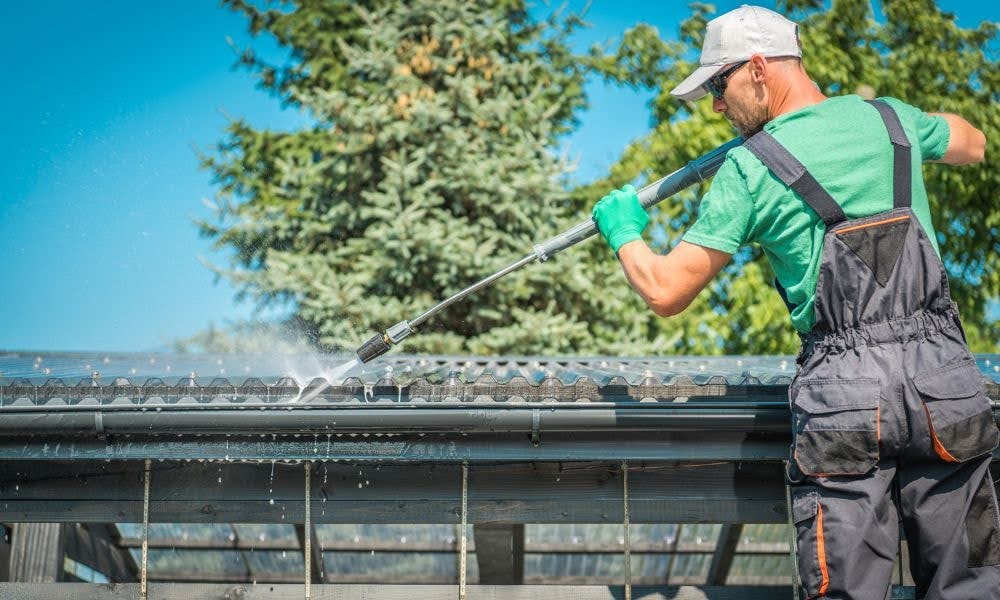
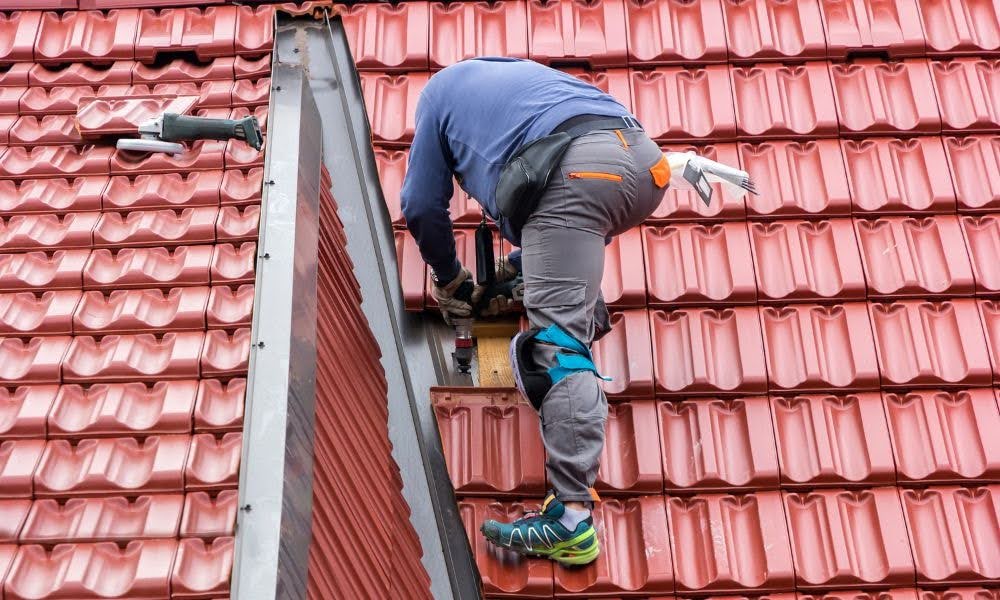
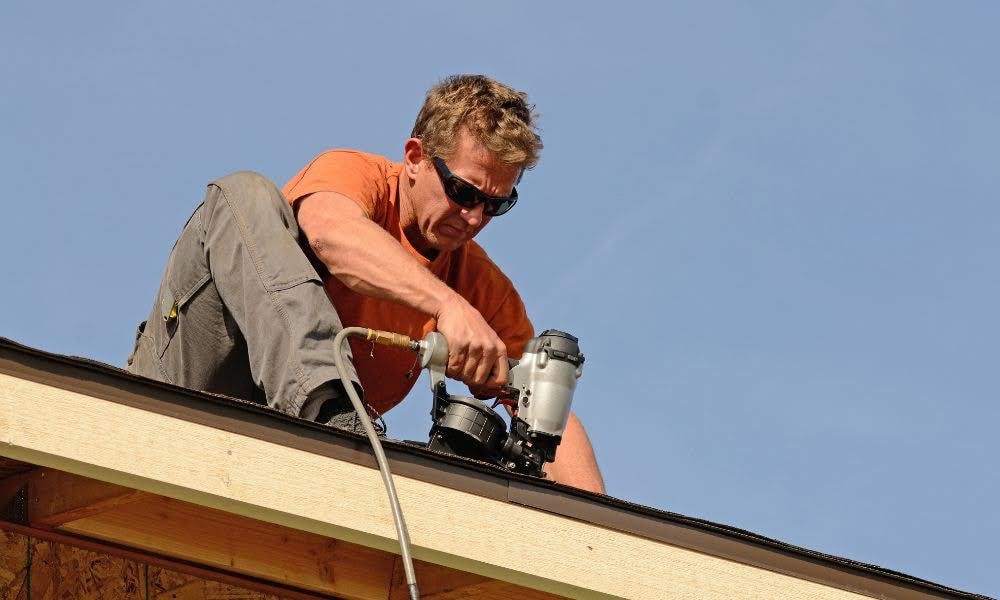
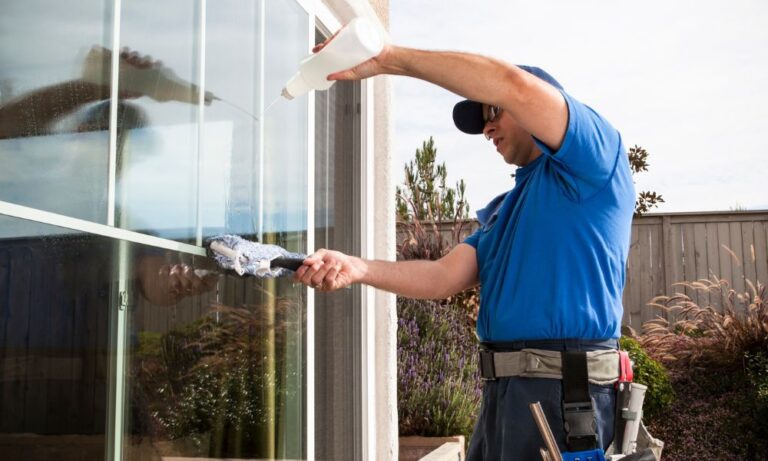
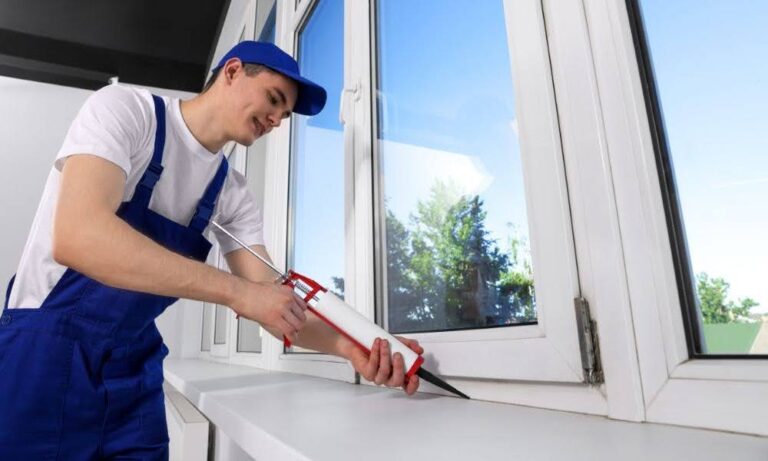
![Insulating Sliding Glass Doors Made Easy [Energy Saving Tips]](https://tagexteriors.com/wp-content/uploads/2024/08/Insulating_Sliding_Glass_Doors_Made_Easy_Energy_Saving_Tips_0001-768x439.webp)


